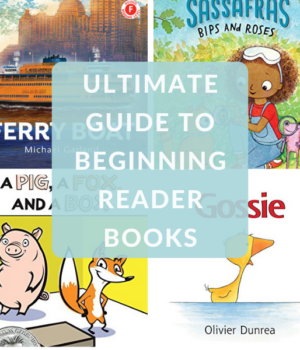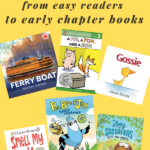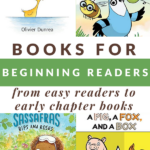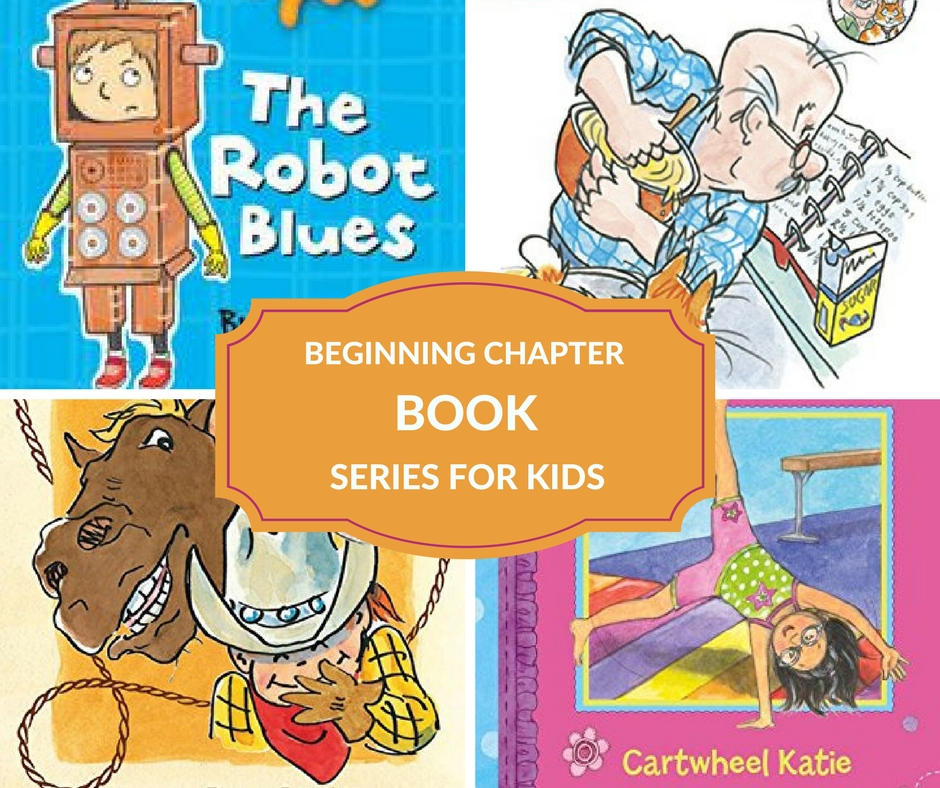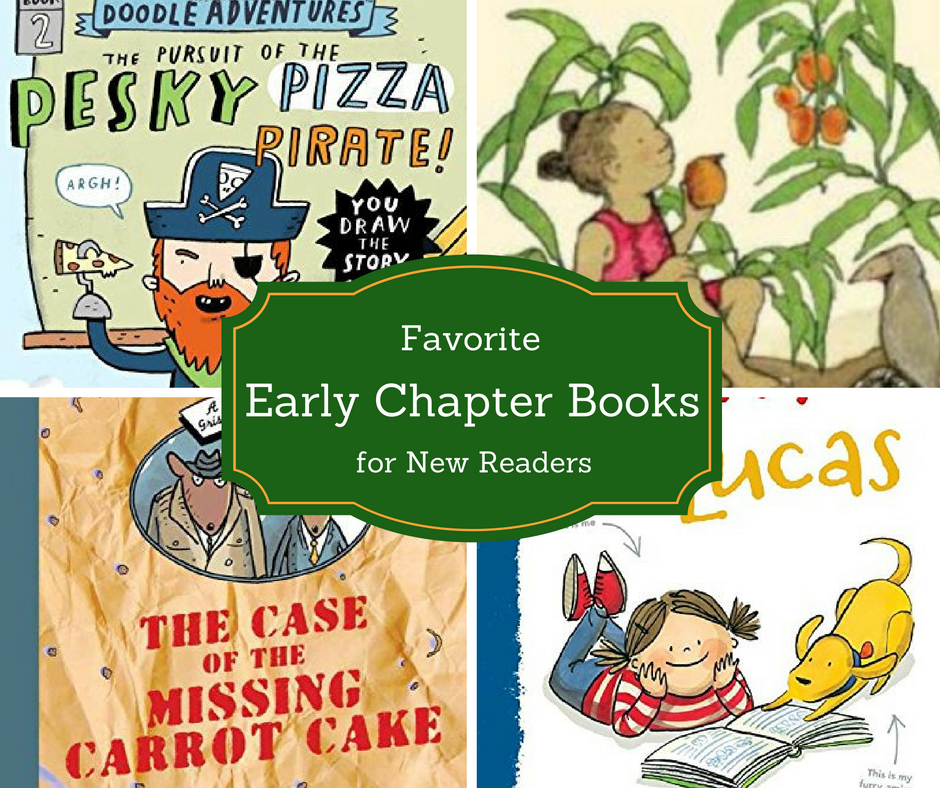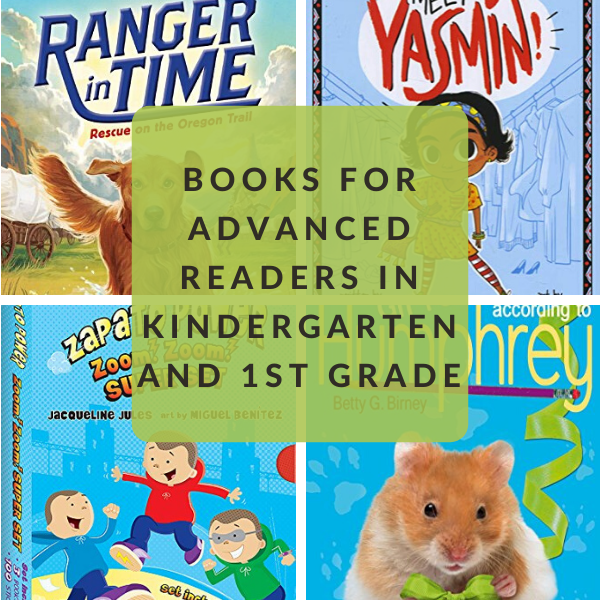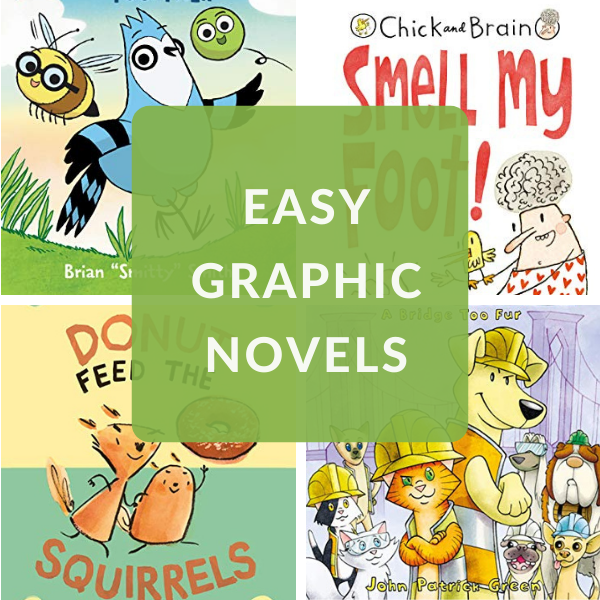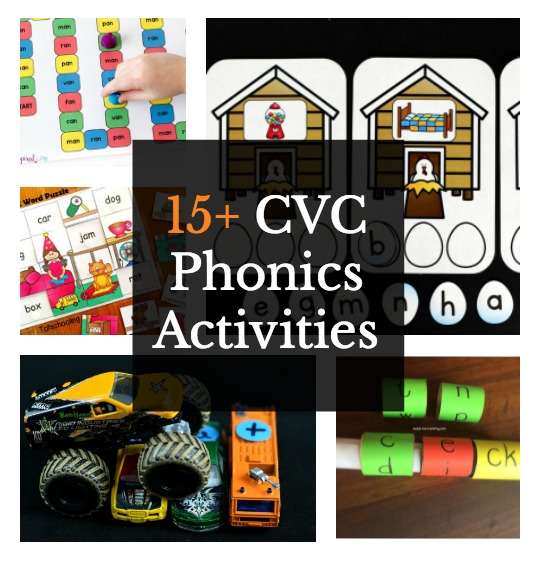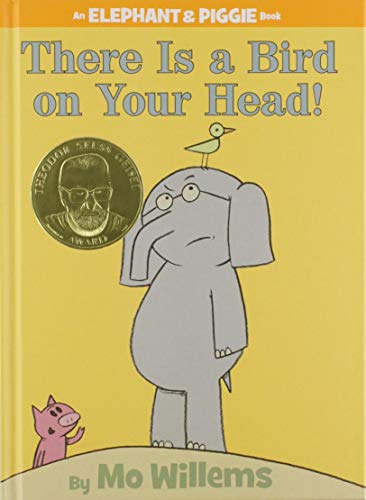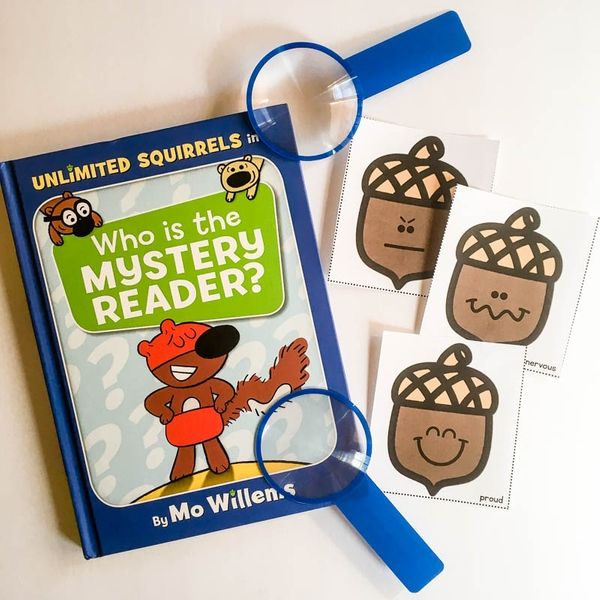There is nothing like the pleasure of watching new readers discover reading books on their own. As a teacher in the primary grades, I’ve been able to watch this transformation with many new young readers. But, finding books that are a just-right fit can be challenging. This guide will help you navigate the journey. Let’s look at the beginner reader books for your new readers.
This is your one-stop-shop for all things related to matching beginning readers with appropriate books. I’ve got the best book lists, reading tips, and book activities that will have your readers spread their reading wings.
Beginning Reader Books
Full Disclosure: This post contains affiliate links.
Beginning readers are a lot like toddlers. Just like a brand-new 13-month-old toddler looks a lot different than a 24-month-old toddler so does a brand-new beginning reader who is just learning to sound out words to a beginning reader ready to venture into early chapter books.
When choosing books for beginning readers, here is a key tip to keep in mind.
Don’t try to figure out the leveling systems publishers use to level books. They are a NIGHTMARE. For the most part, every publisher has their own take on leveled books. And, almost none of the books on the market are decodable texts.
What Do All the Levels Mean With Beginning/Emergent Reader Books?
Oh, it is mind-boggling!
The array of leveling systems used by publishers is dizzying. As I said above, each publisher for the most part has designed their own leveling system. One publisher’s level one does not equal another publisher’s level one.
And, most publishers don’t even nuance the incremental levels that kindergarteners and first graders progress through.
Children learning to read need decodable texts to practice with. My friend Anna at The Measured Mom has written a lot about this and has great recommendations for decodable text options.
Book Lists for Beginning Readers
Ok, on to the books!
Books for Emergent Readers
Let’s be honest…easy reader books for brand-spanking new readers are pretty dry and have next to no plot. Luckily, children aren’t stuck with these painfully dull books for long.
Once they learn to decode with strong phonics instruction, they will be able to confidently devour all the amazing books out there.
But, emergent readers need decodable books to practice their reading. See my recommendation on where to source decodable texts above.
Short Chapter Books for Beginning Readers
Once students have gotten pretty confident at decoding, they are ready to move on to longer text to build stamina and further fluency.
Chapter books for beginning readers need to have…
- Picture Support
- Good Spacing Between the Lines of Text
- Short Chapters
- Not Too Many Pages
I like to start students who are ready for early chapter books with series. Here’s why…
- We can read the first book in the series to or with the child to help with setting and characters. Then, children can move on to the next book in the series feeling confident with character names and personalities.
- Hooks students into picking up the next book vs finishing one and then having trouble find a new book to read.
- Helps students build stamina by working through a series.
Try these series for children who are ready.—>Beginning Reader Chapter Book Series
For more early reader series.—>Early Chapter Books
Some of our students are ready sooner than others to take on more difficult chapter books. But, we want to make sure that the content of those books is age-appropriate. Try these Age Appropriate Kindergarten and First Grade Advanced Reader Books.
Graphic Novels for Beginning Readers
Graphic novels are a fantastic gateway in to hooking new readers into reading. And, more and more options are exploding onto the reading scene.—>Graphic Novels for Beginning Readers
Beginning Reader Books and Activities
Decoding and Phonics Activities
New readers need lots of practice with decoding and playful hands-on games are just the ticket for extra practice.
Try these CVC (consonant vowel consonant) phonics activities.
How Do You Build Fluency With New Readers?
One of my favorite early reader series to use with students to build fluency is the Elephant & Piggie series by Mo Willems. Most of the books only have two characters and they speak through dialogue speech bubbles making it super easy for students to follow. If you have a child that needs help with pacing, phrasing, and fluency this is the series to get. Plus, kids love them!
Here are a few of our favorites.
Elephant & Piggie There is a Bird on Your Head
Elephant & Piggie We Are in a Book
New readers need lots of practice building fluency. Try this Unlimited Squirrels Book Activity to continue practicing.
More Tips for Beginning Readers
Here are some common questions with answers and tips when it comes to beginning readers.
I think my preschooler is ready to read on her own? What should I do?
There is a big age range when it comes to learning to read. I know some children as young as 3 who are ready to read and I know many more that aren’t ready until age 6 or 7.
Signs a child may be ready to start that decoding journey.
- Knows letters and sounds.
- Has a strong sense of phonological awareness.
- Has a desire and willingness to want to read.
If you can say yes to each of the three statements above, then it’s time.
I have a child who wants to read books that are too hard for him/her. What should I do?
Wanting something provides built-in motivation to work for it. And, having choice is powerful.
It’s all about balance. Let children pick books they want to read. The book can be read together with a stronger reader, the child could listen to the audio version, it could be read aloud by a fluent reader, and/or the child could take a picture walk through the book.
Of course, we also want children to practice their decoding skills in decodable texts to learn to read.
My child is ready for a chapter book but says they are too hard and wants to keep reading picture books. What do I do?
Create a bridge. Try one of these suggestions.
- Try an early chapter book that has lots of white space, picture support, and a topic/theme the child is interested in exploring.
- Read alongside the child. You read a page and then the child reads a page. Keep trading off.
- Give graphic novels a try. They are longer thicker books but have less text and lots of images. We’ve got a great list of Graphic Novels for Beginning Readers.
Should I keep reading aloud to my child now that he/she can read on their own?
Yes, yes, yes!
One reason children are reluctant to start reading on their own is that they think trusted adults in their lives will stop reading aloud to them.
Keep reading picture books and graphic novels to the kids even when they can read on their own.
Need some ideas of read-alouds to choose?
Book Lists for Kids (loads of topics and themes)
Month by Month Chapter Book Read Aloud Guide for First Grade
Month by Month Chapter Book Read Aloud Guide for Second Grade
I have a child that doesn’t like to read.
If a child doesn’t have his own library card, now is a great time to get him one. New readers thrive on new independence and having their very own library card is a big deal (and great responsibility.)
Read through the other questions above. Maybe the child isn’t ready. Maybe the child hasn’t had solid phonics instruction to learn to decode words. Maybe the child thinks we will stop reading to her. What can we do to help?
May the beginning reading journey be filled with joy and delight! What questions do you still have?
P.S. Join our free Growing Book by Book community.—>YES, I WANT TO
PIN IT for others to discover!
